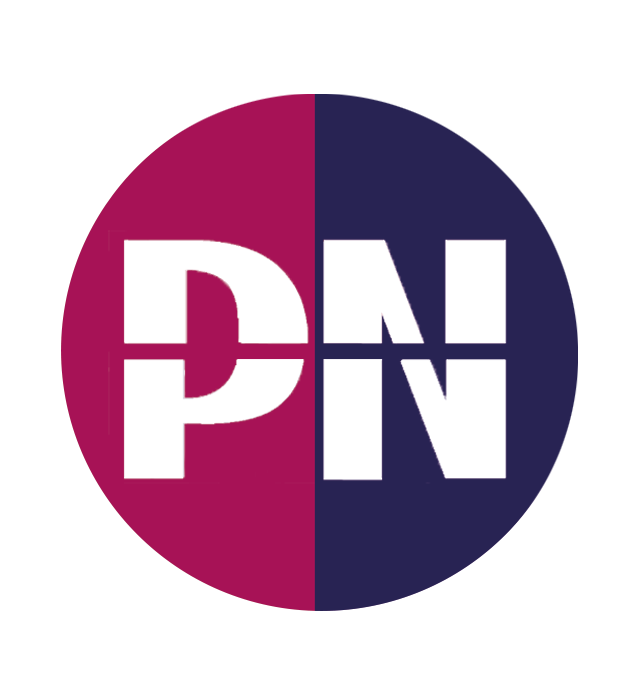In a world that’s increasingly interconnected, the demand for accurate and efficient translation services is greater than ever. Stepping into this landscape is Artificial Intelligence (AI), a technology that is making waves not just in self-driving cars or healthcare, but also in the translation industry. Here’s how AI is poised to reshape the way we approach translation:
1. Improved Accuracy:
AI-driven translation systems, like neural machine translation (NMT), have significantly improved translation accuracy. They can handle more complex sentence structures and nuances, leading to higher-quality translations.
2. Faster Turnaround:
AI-powered translation tools work at a much faster pace than human translators. This means quicker turnaround times for translation projects, which can be crucial for businesses operating in fast-paced environments.
3. Cost Reduction:
Automating translation processes with AI can lead to cost savings. Businesses can reduce expenses associated with hiring human translators, especially for large-scale or repetitive translation tasks.
4. Multilingual Support:
AI translation tools can handle a wide range of languages, making it easier for businesses to expand into new markets and cater to a global audience without the need for a large team of human translators.
5. Real-Time Translation:
AI-driven chatbots and apps can provide real-time translation services, breaking down language barriers in communication between individuals who speak different languages.
6. Customisation:
AI can be customized for industry-specific terminology and jargon. This is particularly valuable in fields like medicine, law, or technology, where specialised vocabulary is common.
7. Quality Assurance:
AI can assist human translators by providing suggestions and automated quality assurance checks, helping to maintain consistency and accuracy across translations.
8. Content Localisation:
AI can aid in content localisation, adapting not only the language but also cultural and regional nuances to make content more relevant and appealing to specific target audiences.
9. Accessibility:
AI-powered translation tools can enhance accessibility by providing real-time translation for people with hearing impairments or language barriers in various scenarios, such as conferences or educational settings.
10. Big Data Analysis:
AI can analyse vast amounts of translated content, helping businesses gain insights into global trends, customer preferences, and sentiment analysis in different markets.
11. Human-AI Collaboration:
Many experts envision a future where human translators collaborate with AI systems. AI can handle the bulk of translation work, while human translators focus on fine-tuning, editing, and maintaining cultural context.
12. Continuous Improvement:
AI translation systems can learn and improve over time, thanks to machine learning algorithms. They can adapt to changing languages and dialects, staying up to date with evolving linguistic trends.
Despite these advancements, it’s important to note that AI translation is not without challenges. It may struggle with highly creative or context-dependent content, and there can be concerns about privacy, data security, and the potential for biases in the training data. Additionally, for content that requires a deep understanding of cultural nuances, human translators may remain essential. The future of the translation industry likely involves a hybrid approach, where AI and humans work together to provide the most accurate and culturally sensitive translations.
If you need or have an AI translation that needs to be profread by our subject expert linguists please get in touch: sales@prestigenetwork.com






